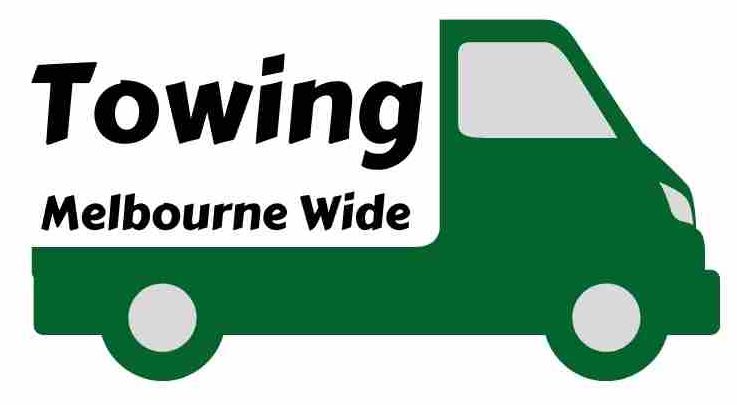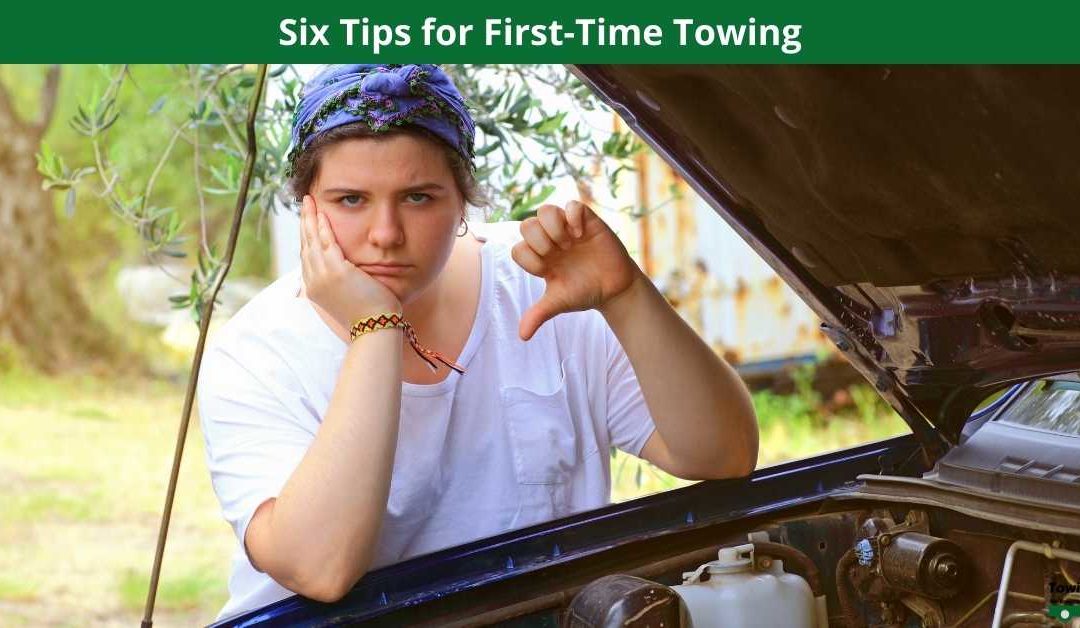You have actually simply purchased your first camper, horse cargo, trailer or boat hauler, and now you need to tow it from the place you bought it to where you’re going to keep it. Don’t get captured unprepared. While towing might appear frightening initially, the following tips, coupled with the right devices and practice, can make you a master tower.
These are the most important concerns to think about when towing:
Weight compatibility
The most essential factor to think about when towing anything is weight compatibility– cars and trucks have specific towing weight limits. Know how much your tow rig and your trailer weighs. Make sure that your tow automobile can manage the weight you plan to tow.
Comprehend the language of towing
Towing has a language all its own, and you require to discover it for purchasing, following the law and towing in your state. There are lots of acronyms in trailering and many involve weights and capabilities. Below are just a few of the most important:
- Maxtow ranking: The biggest total weight suggested by the tow vehicle maker that a specific rig can tow safely.
- Grossvehicle weight ranking (GVWR): This is the total quantity of weight a totally filled truck can bring safely as figured out by the producer. The total number ought to include guests, fluids, cargo and any relevant tongue weight.
- Grosscombined weight score (GCWR): This is the overall permitted weight of a fully loaded tow lorry and trailered car that consists of all tow automobile occupants, cargo, fluids, tongue weight and devices. One mistake typically made is undervaluing the overall weight of your truck and trailer. Making another journey to the regional scales with a completely loaded setup is suggested.
- Grosstrailer weight ranking (GTWR): You must be able to find this on a metal tag connected someplace on the trailer frame. It specifies the optimum allowed weight of the cargo and the trailer integrated.
- Gross axle weightranking (GAWR): This explains the optimum weight a single trailer axle can safely carry, independent of the remainder of the rig.
Hitch balls are critical security equipment
The drawback ball is connected to the tow lorry receiver hitch. Numerous lorries come with a factory-installed receiver that are typically attached to the frame or enhanced area of a unibody. Higher-quality aftermarket drawbacks are available as well, but all ought to be clear about specific weight ranking abilities. The ball itself supports some trailer weight and couples the trailer with the truck or car. Trailer hitches are categorized by tongue weight, and as drawback numbers climb, so does the tongue weight it can deal with.
Tongue weight, or the amount of weight on the car’s hitch, is an essential problem. If your tongue weight is less than 10 percent of the weight of the completely packed trailer, the trailer will most likely sway a bit, making it difficult to manage. On the other hand, if you have excessive weight on the tongue (let’s say more than 15 percent of overall trailer load weight), your tow automobile’s rear tires can overload (and get too hot) and press the rear end of the lorry around; this makes stopping and handling curves and cornering hard.
Always utilize safety chains
Nobody who wants to tow securely would fail to make certain the trailer and tow lorry are attached, not just in between ball and tongue, but also with strong security chains. Skilled towers cross the chains under the trailer tongue so in case of a catastrophic separation, the drawback and the trailer are less likely to separate. Make certain there is enough chain slack to make turns, and constantly make certain the chains will not drag out the pavement.
Trailer load balance is essential
Most makers advise you disperse 60 percent of the weight of the trailer load over the front half of the trailer After you have the load well balanced properly, make certain that freight is secured with tie-downs or straps. When freight shifts, your load becomes out of balance, making your trailer unsteady and less foreseeable.
Driving with a trailer.
At the threat of oversimplifying the point, driving with a fully packed trailer– when done appropriately and securely– is very little harder than driving your tow vehicle empty. Do not confuse the two as the driving strategies and vision methods are really various. Most people tow a boat, a camper or maybe a car trailer to a program or race.
Second, when driving with a trailer, whatever you do ought to be done at half the speed without the trailer. And, lastly, be sure to see for scenarios and/or things far enough ahead of you to respond with plenty of time. Look much farther ahead than normal so you’ll have plenty of time to alter or slow course if an unanticipated person or vehicle comes into your path.
The majority of knowledgeable towers prefer pickup trucks over SUVs and full-size cars. Pickups usually have much better power-to-weight ratios and more torque than vehicles, and extra power is required for hauling trailers up hills and mountains. Typically speaking, full-size pickups can handle more trailer weight than a car or SUV primarily due to their more powerful frame building, however you’ll require to weigh several elements when choosing the ideal car for your requirements.
The most important factor to consider when towing anything is weight compatibility– cars and trucks have particular towing weight limits. Gross combined weight score (GCWR): This is the total allowable weight of a completely filled tow vehicle and trailered car that includes all tow lorry occupants, cargo, fluids, tongue weight and devices. Trailer drawbacks are categorized by tongue weight, and as hitch numbers climb, so does the tongue weight it can handle.
If your tongue weight is less than 10 percent of the weight of the fully packed trailer, the trailer will probably sway a bit, making it challenging to manage. On the other hand, if you have too much weight on the tongue (let’s say more than 15 percent of overall trailer load weight), your tow automobile’s rear tires can overload (and overheat) and press the rear end of the automobile around; this makes stopping and handling curves and cornering tough.
Now Towing Melbourne Wide is available in Heidelberg Heights Victoria 3081, Australia.
Contact us
Towing Melbourne Wide
4/10 Auburn Grove
Hawthorn East VIC 3123
(03) 9956 1908


Recent Comments